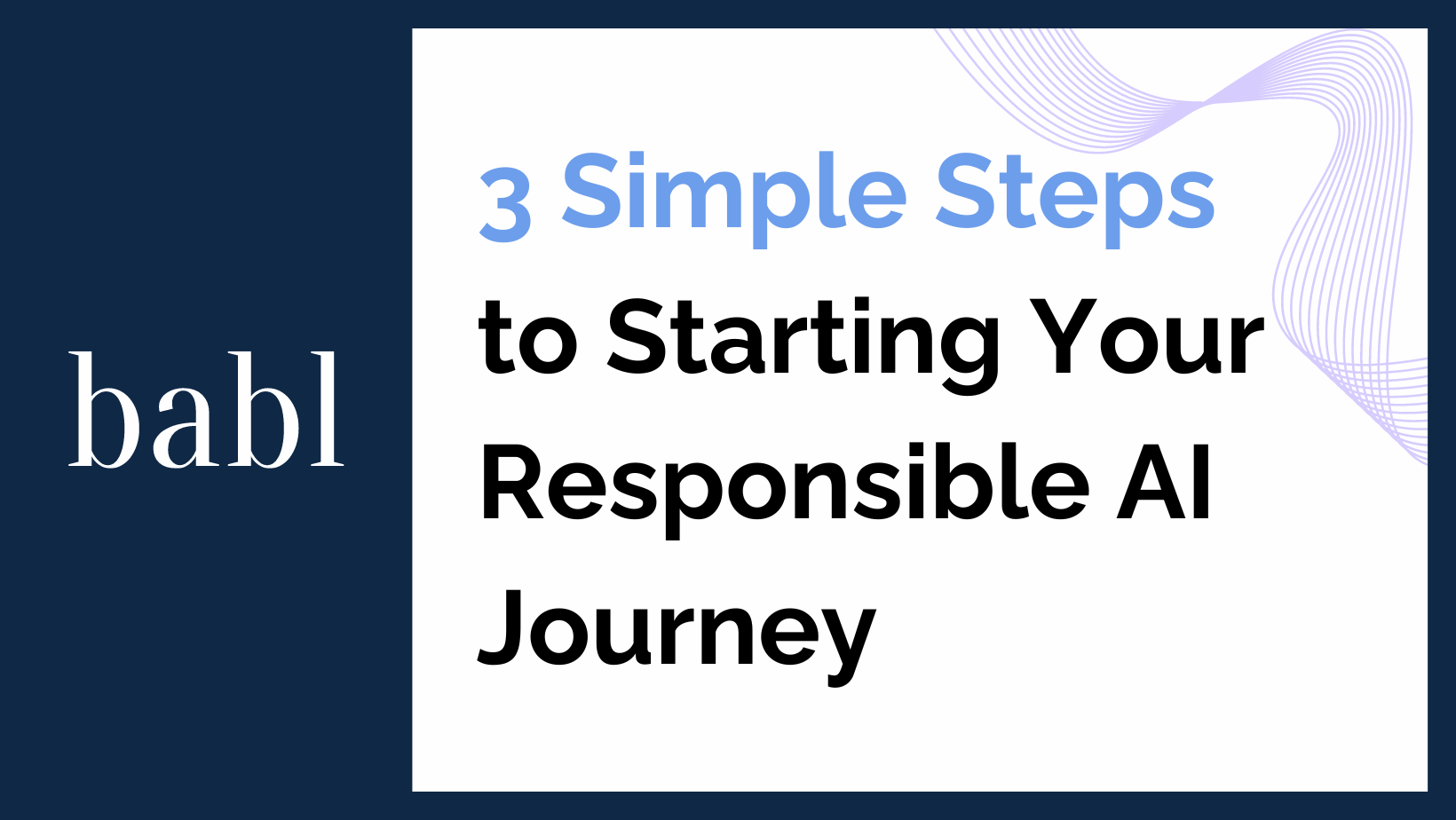Navigating the ever-evolving landscape of AI regulations, from the EU AI Act to standards set by the International Organization for Standardization, can feel like a daunting task. Here are three proactive steps you can take to not only ensure compliance but also lead the charge in responsible AI implementation.
- First, take stock of every product that uses AI. This includes tools built in-house, sourced from vendors, or embedded in devices. A full inventory provides clarity on your AI footprint and helps identify potential risks.
- Next, appoint a leader to design your responsible AI strategy. This plan should include a roadmap, a business case, and clear timelines. In addition, it should outline resources and steps needed to comply with regulations like the EU AI Act.
- Lastly, don’t overlook the importance of vendor accountability. Require all vendors to sign off on your responsible AI ethics and compliance policy to mitigate risks associated with unsafe products. This step is crucial for safeguarding against potential privacy breaches, confidentiality lapses, and liability concerns.
By taking these three proactive measures, you’ll kickstart your journey toward responsible AI implementation and compliance.
The content of this blog post was inspired by a similar article written by BABL AI Consultant Abhinav Mittal. You can find the original post on Linkedin HERE.
Need Help?
If you find yourself in need of guidance along the way, remember that BABL AI‘s team of Audit Experts is here to offer invaluable insights and support tailored to the nuances of the EU AI Act and other global regulations. Therefore, reach out today to stay ahead of the curve and ensure your AI practices align with the latest standards and requirements.





